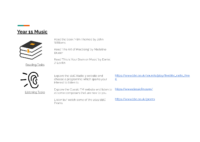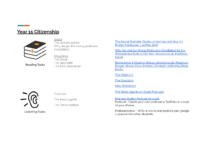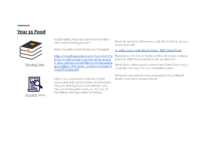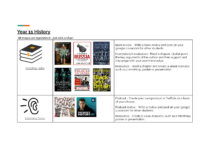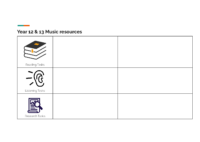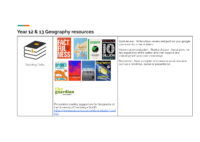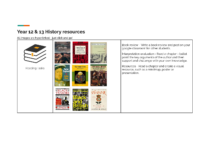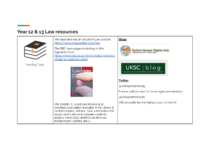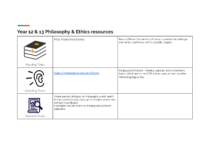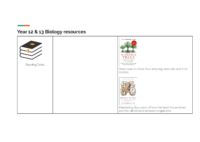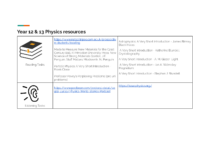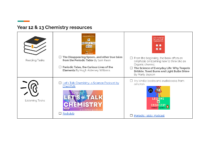The Super Curriculum
Super-curricular is different from extra-curricular or enrichment. Extra-curricular activities are those outside of your chosen subjects, and usually unrelated to your studies, whereas super-curricular activities take the subjects you study further, beyond what you learn in the classroom and outside the prescription of exam board specifications and assessments.
Participation in the super-curriculum is living the Bishop’s 360. It will give pupils great preparation for succeeding at university and employment. It will facilitate the development of new ideas and opinions, critical thinking, analytical skills and an ability to understand new information from different sources. It will help students to build greater confidence in their subject choices, show their commitment to their chosen area of study, and give them a wealth of ideas to draw upon in discussions, applications and interviews. Students will also benefit from reading around the subjects that they are interested in. With categories ranging from STEM to post-2000s fiction, there are books for every pupil in our Bishop’s Hatfield Reading List: The 100! Use these helpful tips to help you get the best out of the super-curriculum. Now using the elements of knowledge, skills and character from the Bishop’s 360, explore your subject and delve deeper with our super-curricular resources.Why is it important for a pupil at Bishop’s to engage with the super-curriculum?
How can you delve deeper into your subject?







